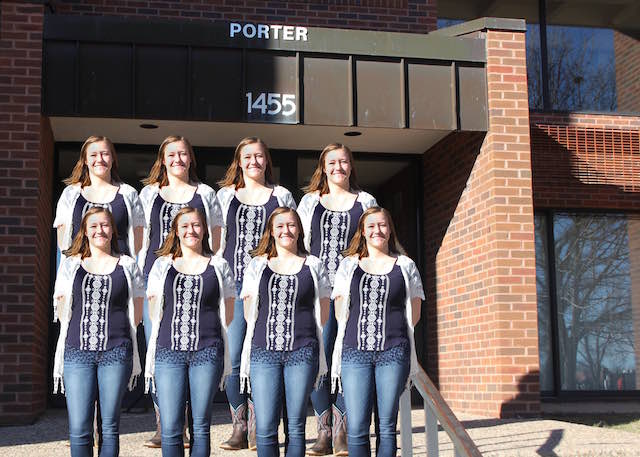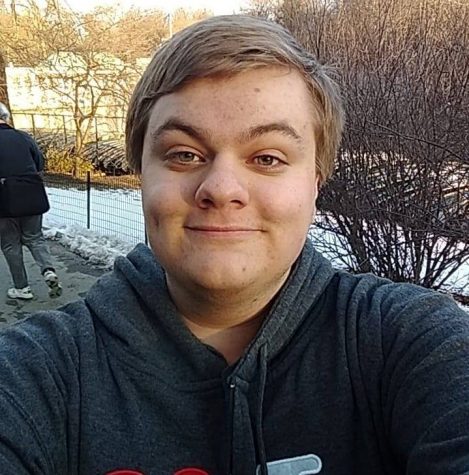Clones created to relieve RA shortage
On Feb. 24, the Spur reported that there were new resident assistants hired to relieve the shortage of current RAs as soon as possible. Unfortunately, not enough new RAs were hired to fill all of the available positions. In response, the SMSU administration has called upon several biology professors to begin the process of creating new RAs. Dr. Vaughn Gehle, a genetics professor on campus, is leading the project.
“I look forward to working with other professors and my students as well because I see this as a great learning opportunity for them,” Gehle said.
Gehle’s solution to the task presented to him by the SMSU administration was to use the controversial method of cloning. Gehle embarked on a journey to obtain DNA samples from all the current RAs.
“It was no easy task,” Gehle said. “Some of the RAs were unreasonable and unwilling to provide us with even a simple blood sample.”
To combat this, Gehle tapped his skills that he acquired during his time as a Navy Seal. He began following RAs around for several weeks until he was able to obtain a sample from each of them. Many of the RAs were not aware that he had even taken these samples.
In several cases, Gehle was forced to use unorthodox methods. He scaled the side of Sybaris, snuck in through an open window and hid under the bag inside a trash can.
“I waited several days,” Gehle said. “The smell of trash was unbearable, so I plugged my nose with a pair of discarded earbuds.”
When Gehle saw the resident RA, he stealthily followed her to her dorm. He noticed that she had left her water bottle unattended on her nightstand.
“This was my chance,” Gehle said.
Gehle took out a swab, swiped it across the rim of the water bottle and jumped out her window before she even knew that he had been there. After finally obtaining DNA from every RA on campus, Gehle set to work on creating the clones.
Each clone was modified to grow at an accelerated rate. By Monday morning, the clones were at an age that people would actually take them seriously if they are forced to run a house.
Unfortunately, Gehle explained that these clones will have a shorter lifespan than your average RA.
“Each time DNA replicates, it becomes shorter,” Gehle said. “Eventually, certain genes that are essential for repair are lost, so it is possible that the clones were already missing certain genes once they were created. Thankfully, when these RAs are unusable, we can just make more.”


